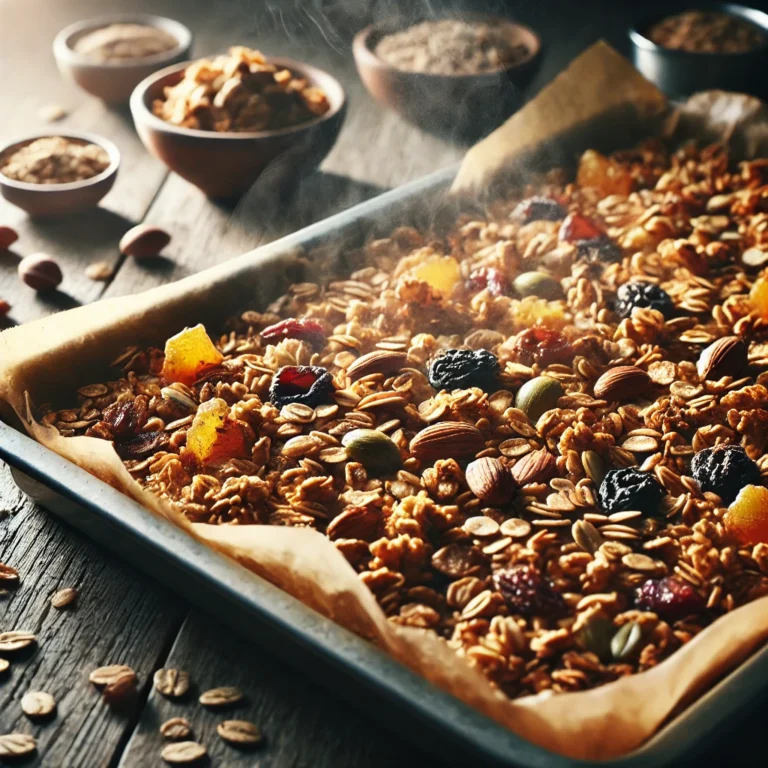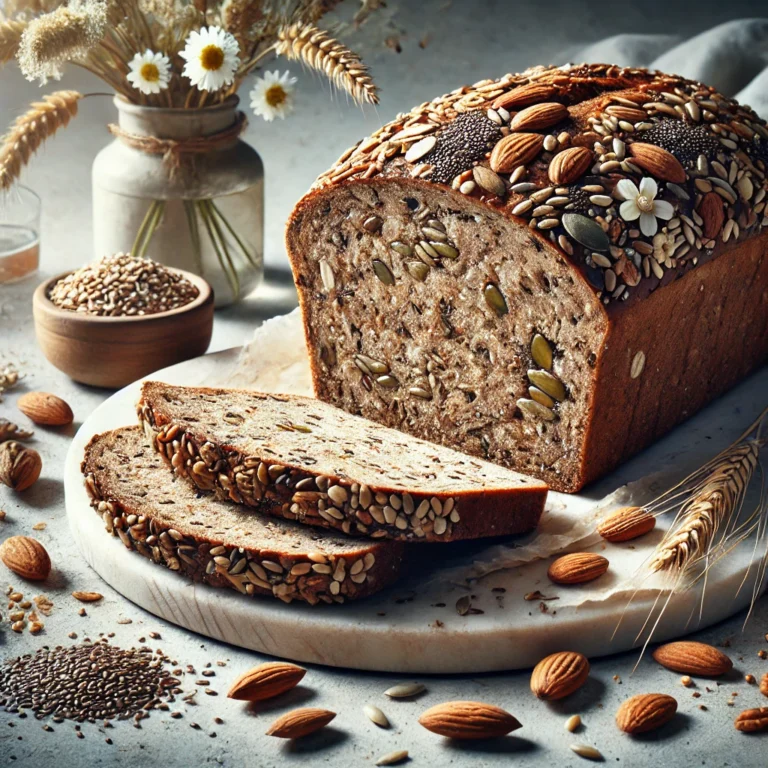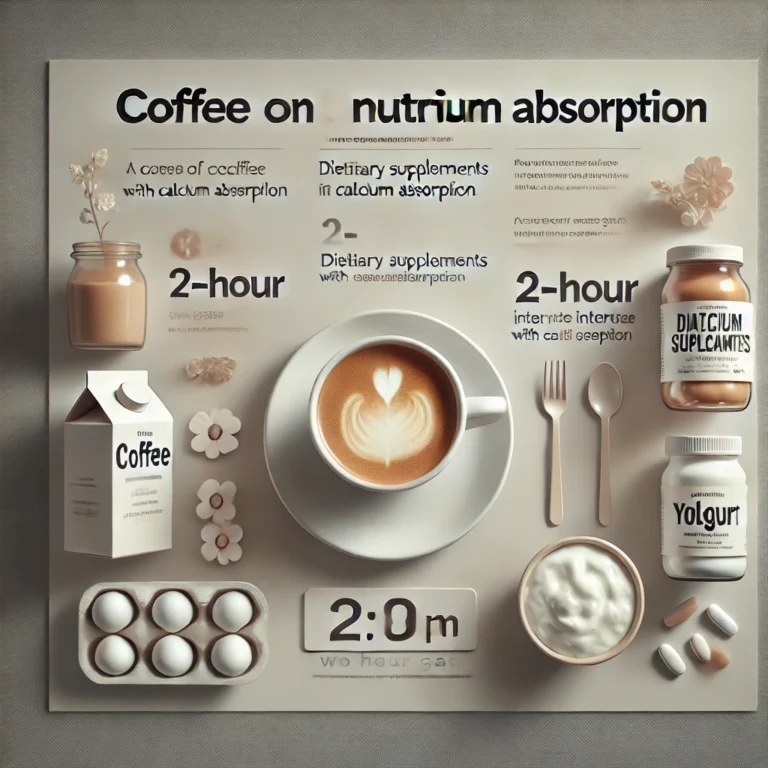*This post may contain affiliate links for which I earn commissions.*
Comfort foods are more than just tasty treats we enjoy during lazy Sunday afternoons. They play a crucial role in our well-being. Comfort foods evoke a sense of nostalgia, warmth, and security. They can be anything from your grandma’s famous apple pie to a bowl of hearty chicken soup. But there’s more to comfort foods than their deliciousness. Scientific research supports the idea that certain foods impact our mood. Our bodies rely on specific nutrients to produce chemicals like serotonin and dopamine, which play a significant role in how we feel. Carbs, for instance, often get a bad rap, but they can boost serotonin levels, improving our happiness and relaxation levels. Proteins from sources like lean meat and beans help in the production of dopamine, enhancing motivation and focus.
Healthy Fats Are Not Bad For You
Fats aren’t the villains they’re made out to be either. Healthy fats from avocados, nuts, and olive oil can support brain health and improve emotional balance. When we understand how different nutrients work, it’s easier to choose foods that make us feel good inside and out.
Try to think about times when you’ve reached for your favorite comfort food. There’s a good chance you were seeking more than just a meal — you were looking for a little lift, some comfort in your day. Understanding the role these foods play can help us make better choices. Instead of feeling guilty, we can enjoy them for what they bring to our mental and emotional health.
Knowing the reasons why comfort foods affect our mood gives us the power to use them wisely. Next time, choose foods that not only satisfy your cravings but also support your overall well-being.
Healthy Fats and Brain Function
Healthy fats, often misunderstood, play an essential role in enhancing brain function and mood, proving that they are not only beneficial but necessary for overall mental well-being.
The healthy fat benefits extend beyond mere energy provision; they considerably contribute to brain health by supporting neurotransmitter function, which is crucial for mood stabilization. Incorporating sources of healthy fats, such as avocados, nuts, and fatty fish rich in Omega-3, into your diet can lead to improved emotional health and cognitive performance.
Research indicates that Omega-3 sources, particularly fatty fish like salmon and mackerel, are linked to reduced symptoms of depression and anxiety. These essential fatty acids not only support brain function but also facilitate nutrient absorption of fat-soluble vitamins A, D, E, and K. These vitamins are essential for maintaining a balanced mood and cognitive clarity. By ensuring that healthy fats are part of your meals, you can enhance your body’s ability to absorb these crucial nutrients, ultimately promoting a more stable and positive emotional state.
Moreover, diets high in monounsaturated and polyunsaturated fats are associated with lower rates of depression, underscoring their importance in mental health. Including healthy fats in your daily meals can also help stabilize blood sugar levels, reducing mood swings and providing consistent energy throughout the day.
Embracing healthy fats is not just a dietary choice; it’s a pathway to achieving emotional freedom and resilience.
Historical and Cultural Perspective
Comfort foods have rich historical and cultural roots. Different cultures have unique comfort foods that offer warmth and familiarity. In the U.S., mac and cheese is a staple, while in Japan, a steaming bowl of miso soup does the trick. Every region has its go-to dishes that provide solace.
These foods have evolved over time based on availability, traditions, and advancements in cooking methods. In the past, many comfort foods were significantly different from what we recognize today. For instance, early versions of Italian pasta dishes were much simpler compared to the rich, sauce-laden versions we love now.
Comfort foods often hold symbolic and emotional significance. For many, these dishes are tied to childhood memories, family gatherings, and cultural celebrations. A dish like Thanksgiving turkey in the U.S. isn’t just food — it symbolizes family, tradition, and gratitude. Similarly, in India, sweets like ladoos are essential during festive times, representing joy and togetherness.
Understanding the cultural significance of comfort foods can deepen our appreciation for them. It helps us see beyond the ingredients and flavors, recognizing the stories and emotions these foods carry. This cultural insight allows us to connect more deeply with our own traditions and those of others. The next time you cook or eat a comfort dish, think about its origins and the countless people who’ve found solace in it throughout history.
Nutrient-Packed Comfort Foods
Not all comfort foods are built the same, especially when it comes to nutritional value. While many may think of comfort foods as indulgent treats, several options are both delicious and healthy. Incorporating these nutrient-packed comfort foods into your diet can enhance your mood and well-being.
Take dark chocolate, for example. It’s rich in antioxidants and has been shown to boost endorphin levels, making you feel happier. Another great option is salmon, loaded with omega-3 fatty acids that support brain health and can help alleviate symptoms of depression. Even something as simple as a bowl of oatmeal can work wonders; it’s high in fiber and helps stabilize blood sugar levels, which in turn stabilizes your mood.
Leafy greens like spinach and kale are fantastic mood-boosters. They’re full of vitamins and minerals, including folate, which is known to improve mental health. Nuts and seeds also make the list. Packed with healthy fats, protein, and magnesium, they can help reduce anxiety and improve mood stability.
It’s also worthwhile to consider fermented foods, such as yogurt and kimchi. These are rich in probiotics, which have been linked to improved gut health and, consequently, better mental health. So, the next time you’re reaching for a snack, consider some yogurt with fresh berries instead of a cookie. You’ll be treating both your taste buds and your brain.
Incorporating these nutritious comfort foods into your daily routine can make a substantial difference in how you feel. They offer the perfect blend of taste and health benefits, allowing you to enjoy your favorite foods without the guilt. So, why not start today? Add a few of these nutrient-rich options to your grocery list and see how they uplift your mood and overall well-being.
The Psychology of Comfort Foods
Comfort foods are more than just nutrient carriers; they hold deep emotional significance. It’s important to understand the psychological triggers behind our cravings for these foods, as it can offer insights into our mental and emotional states. Some foods are associated with specific memories or feelings, and these connections can drive us to seek out particular dishes during emotional highs or lows.
Stress is a significant trigger for comfort food cravings. When feeling overwhelmed, it’s common to reach for high-calorie, sugary, or fatty foods. These foods often provide a quick burst of energy and a temporary feeling of relief. However, it’s not just the physical act of eating that’s comforting — the ritual itself can offer a sense of control and familiarity during chaotic times.
Comfort foods can also be a form of self-care. In moments of sadness or loneliness, a favorite dish can provide a sense of security and warmth. The act of preparing and enjoying these foods is a way to care for oneself, similar to how we might indulge in a warm bath or a cozy blanket. The sensory experience of eating — the taste, smell, and texture — can all contribute to a feeling of emotional comfort.
Understanding these psychological aspects can help us use comfort foods more mindfully. Rather than mindlessly snacking, recognizing the emotional triggers behind our cravings allows us to make more conscious choices. This awareness can lead us to healthier alternatives or help us enjoy our favorite comfort foods in moderation.
The relationship between food and mood is complex, but by acknowledging the emotional component, we can develop a healthier relationship with our dietary habits. So next time you find yourself reaching for that tub of ice cream or plate of pasta, take a moment to consider what you’re really craving — comfort, relief, or perhaps a revisit to a cherished memory. This awareness can empower you to enjoy comfort foods in a way that truly nourishes you both physically and emotionally.
Top Mood-Boosting Comfort Foods to Try
Certain comfort foods stand out for their ability to elevate our mood. These foods not only taste great but have properties that can enhance mental well-being. Here are some top picks to consider adding to your diet.
Start with dark chocolate. It’s often a go-to for stress relief. Rich in antioxidants, it can improve brain function and increase the release of endorphins, the body’s natural feel-good chemicals.
Another excellent choice is fatty fish like salmon or mackerel. They’re rich in omega-3 fatty acids, which play a crucial role in brain health. Studies suggest that these fatty acids can help reduce symptoms of depression and anxiety.
Fermented foods like yogurt, kimchi, and sauerkraut are also worth considering. These foods are packed with probiotics that promote a healthy gut, and a healthy gut contributes significantly to overall mental health by producing neurotransmitters like serotonin.
Berries such as blueberries, strawberries, and raspberries are not only delicious but also loaded with antioxidants and vitamins. These nutrients help fight inflammation and oxidative stress, both of which are linked to depression and anxiety.
Bananas are an underrated mood booster. High in vitamin B6, they help synthesize neurotransmitters like dopamine and serotonin. Eating a banana can be a quick and natural way to lift your spirits.
Other great options are nuts, especially walnuts and almonds. They are high in healthy fats, fiber, and protein, which can help stabilize blood sugar levels. Stable blood sugar levels mean a more stable mood.
For those who love their greens, spinach and kale aren’t just for salads. These leafy greens are high in folate, which has been shown to decrease symptoms of depression. They make a fantastic addition to smoothies, soups, or even as a side dish.
To get the most out of these mood-boosting foods, incorporate them into recipes you already love. A smoothie with berries and spinach, a salad topped with nuts, or a piece of dark chocolate as an afternoon treat can make a big difference in how you feel.
Balancing Indulgence and Nutrition
Indulging in comfort foods doesn’t have to mean compromising on nutrition. There are numerous ways to make your favorite comfort dishes healthier while retaining their deliciousness. Small changes can make a big difference in the nutritional profile of your meals.
One way to do this is by opting for healthier ingredients. For instance, when making macaroni and cheese, consider using whole-grain pasta instead of the regular kind. Whole grains are packed with fiber and nutrients, which can help keep you full longer and stabilize your blood sugar levels. Similarly, swapping out regular dairy products for their low-fat or plant-based counterparts can reduce the overall calorie and fat content without sacrificing flavor.
Another approach is to incorporate more vegetables into your comfort foods. If you’re making a hearty stew or a meatloaf, add a variety of colorful veggies like carrots, bell peppers, and spinach. These additions not only boost the nutritional value but also add extra texture and flavor.
Portion control is also key. Enjoying a reasonable amount of your favorite comfort food allows you to satisfy your cravings without overindulging. Consider using smaller plates, which can make portions appear larger and more satisfying. This can help you enjoy your meal fully without the need to go back for seconds.
Mindful eating is another excellent strategy. Taking the time to savor each bite, paying attention to the flavors and textures, can enhance your eating experience. This practice can lead to greater satisfaction with smaller portions, helping you strike the right balance between indulging and maintaining nutritional standards.
It’s possible to blend indulgence with nutrition by making conscious choices. Substituting some ingredients and practicing mindful eating can transform your comfort foods into healthier options. This way, you can enjoy the emotional and sensory satisfaction they bring without compromising on your health goals. Eating should be a joyful experience, so make the most of your comfort foods by choosing wisely.
Comfort Foods for Different Moods
Certain comfort foods can match specific moods, helping to balance out emotional highs and lows. When you’re feeling anxious or stressed, warm and soothing foods can offer relief. A bowl of oatmeal, for example, provides a steady release of energy that helps keep blood sugar levels stable. Adding some fruits like bananas or blueberries can give it an extra mood-boosting punch.
If sadness has taken hold, foods rich in omega-3 fatty acids can be particularly beneficial. A serving of grilled salmon or a hearty tuna salad can help manage symptoms of depression. These foods can improve brain health and boost serotonin levels. For a plant-based option, walnuts and flaxseeds offer similar benefits.
When energy levels are low, turning to complex carbohydrates can help. Sweet potatoes are a fantastic choice. Rich in fiber and vitamins like B6, they support energy metabolism and overall brain health. Pair them with a protein source like grilled chicken or tofu for a balanced meal that energizes.
Happy moments call for celebratory comfort foods that still retain their health benefits. Dark chocolate-covered strawberries, for example, combine the antioxidant power of berries with the mood-enhancing properties of dark chocolate. Another great option is a tropical fruit salad sprinkled with nuts, offering a refreshing and nutritious treat.
These targeted comfort foods can help you navigate various emotional states more effectively. Whether you need to calm your nerves, lift your spirits, boost your energy, or celebrate joyous occasions, there’s a nutritious comfort food to match. Make it a habit to listen to your body’s cravings, identifying what you truly need at that moment.
Scientific Studies on Comfort Foods and Mood
Research into the link between comfort foods and mood is gaining momentum. Numerous studies have explored how what we eat affects how we feel. This scientific grounding can help us make informed decisions about our dietary choices.
One significant study found that consuming foods high in omega-3 fatty acids, like fish and walnuts, can reduce symptoms of depression. These fatty acids play a crucial role in brain function by promoting the production of serotonin and dopamine, the brain’s ‘happy’ chemicals. Another study highlighted the benefits of dark chocolate in reducing stress levels. Participants who consumed dark chocolate daily reported lower cortisol levels, the stress hormone.
Fiber-rich foods also have substantial mental health benefits. Research shows that high-fiber diets can reduce the risk of developing anxiety and depression. Fiber aids in maintaining a healthy gut microbiome, which produces a large portion of the body’s serotonin. Foods like legumes, whole grains, and fruits are great additions to a fiber-rich diet.
Probiotics have also drawn attention for their potential to improve mood. Studies involving fermented foods like yogurt and kimchi indicate that a healthy gut impacts overall mental health positively. The gut-brain axis, the communication network linking your gut and brain, benefits significantly from a diet rich in probiotics. This network plays a crucial role in regulating mood and emotional well-being.
The future of comfort food research looks promising. Ongoing studies continue to investigate how various nutrients impact mental health. Understanding the scientific connection between food and mood empowers us to make choices that benefit our physical and emotional health. As the research evolves, it becomes clearer that what we eat profoundly affects our mood and overall well-being.
Conclusion To Mood Boosting comfort Foods.
Exploring the world of mood-boosting comfort foods reveals that they do much more than just satisfy our taste buds. By understanding the cultural, psychological, and scientific aspects of these foods, we can appreciate their role in our lives and use them to enhance our well-being.
Balance is the key. Opt for nutrient-packed ingredients, practice mindful eating, and make healthy swaps where possible. This way, we can enjoy our favorite comfort foods without compromising our health. There’s incredible value in choosing foods that not only bring us joy but also support our mental and emotional health.
Consider trying some of the foods we’ve discussed: dark chocolate, fatty fish, and fiber-rich veggies, to name a few. Think about the specific moods you want to address and choose your comfort foods accordingly. From soothing oatmeal to celebratory fruit salad, there’s a dish to match every emotional need.
As ongoing research continues to shed light on the connection between diet and mood, staying informed helps us make better choices. Embracing both the taste and the nutritional benefits gives us the best of both worlds.
So, next time you reach for that cherished comfort food, remember that you’re not just feeding your body—you’re nurturing your soul. Enjoy your meals, savor each bite, and let your food be a source of happiness and well-being






